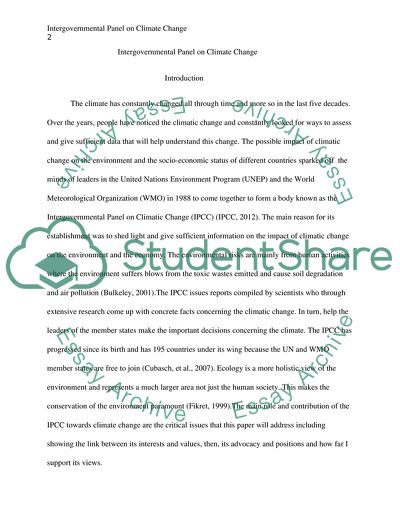Cite this document
(Intergovernmental Panel on Climate Change Assignment - 1, n.d.)
Intergovernmental Panel on Climate Change Assignment - 1. https://studentshare.org/environmental-studies/1843339-investigation-into-the-use-of-science-by-an-environmental-advocacy-body
Intergovernmental Panel on Climate Change Assignment - 1. https://studentshare.org/environmental-studies/1843339-investigation-into-the-use-of-science-by-an-environmental-advocacy-body
(Intergovernmental Panel on Climate Change Assignment - 1)
Intergovernmental Panel on Climate Change Assignment - 1. https://studentshare.org/environmental-studies/1843339-investigation-into-the-use-of-science-by-an-environmental-advocacy-body.
Intergovernmental Panel on Climate Change Assignment - 1. https://studentshare.org/environmental-studies/1843339-investigation-into-the-use-of-science-by-an-environmental-advocacy-body.
“Intergovernmental Panel on Climate Change Assignment - 1”. https://studentshare.org/environmental-studies/1843339-investigation-into-the-use-of-science-by-an-environmental-advocacy-body.


